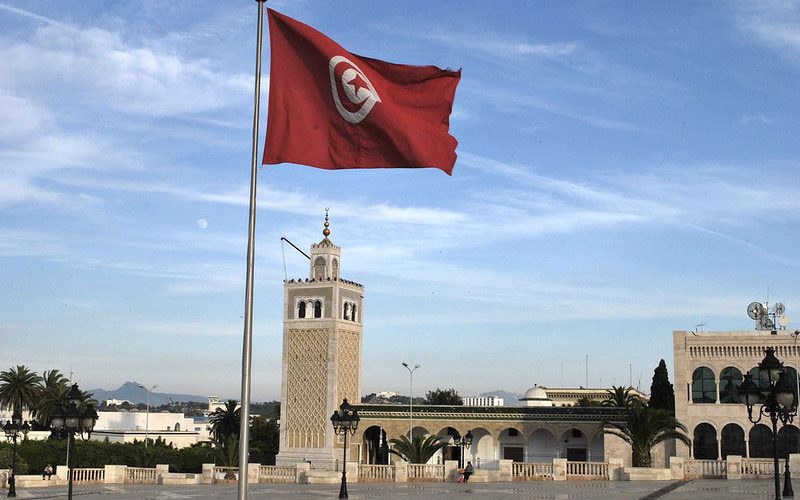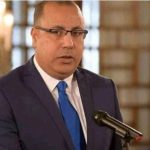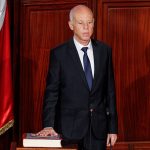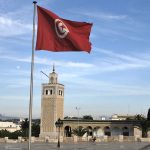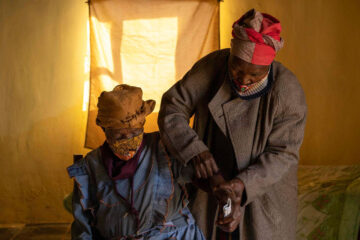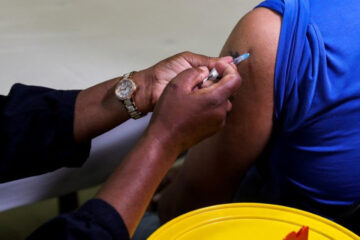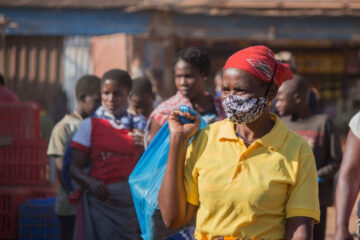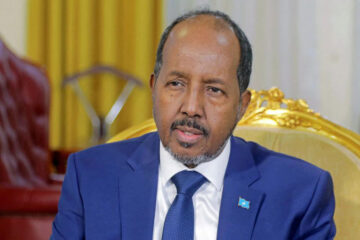TAREK AMARA
TUNISIA was expected on Wednesday to announce a curfew in the capital after the governors of four provinces that make up greater Tunis called for action to halt a surge in coronavirus infections.
“The decision has come too late but it will help us break the rise in cases,” said Imed Souissi, a fruit seller.
The governors proposed measures that would include a curfew between 8:00 pm and 5:00 am and a suspension of Friday prayers in mosques. A government decision was expected later on Wednesday, with the curfew likely to take effect from Thursday.
Tunisia entirely shut down its economy in March and closed its borders, limiting the spread of coronavirus to a few hundred confirmed cases. But it has now racked up more than 20,000 cases over the past month, with only 200 intensive care beds designated for COVID-19 available in the whole country.
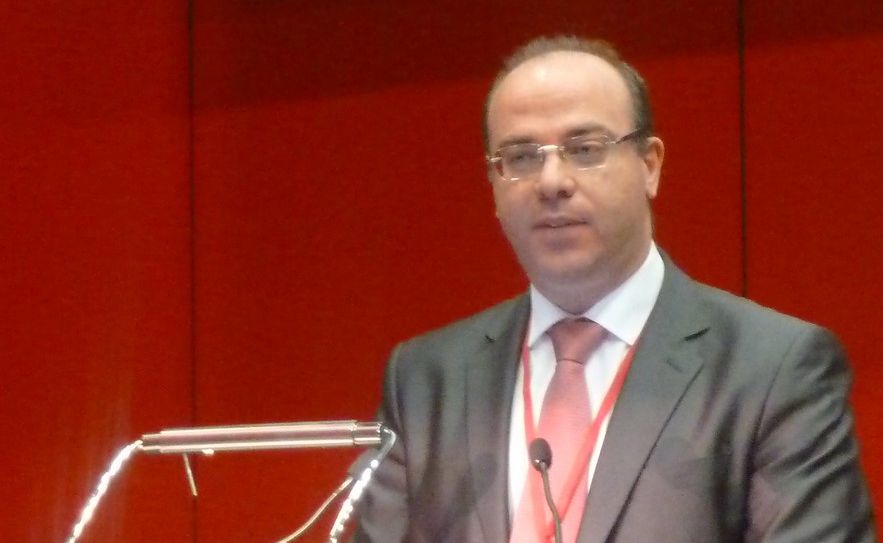
Elyes Fakhfakh, who stepped down as prime minister last month after denying allegations of a business conflict of interest, has announced he has tested positive, as has the leader of a major party, Abir Moussi.
Many Tunisians say the authorities should have done more to prepare with the time secured by the economic hardship of the lockdown.
“The Tunisian political class lost its opportunity to be ready for a second wave. What did they do to prepare over the past months? Nothing. They were just focused on their usual disputes,” said Chaker ben Hussein, a baker in the Iben Khaldoun district of the capital.
Even before the pandemic, Tunisia was grappling to reverse a decade of sluggish growth, high unemployment, declining public services and concerning levels of sovereign debt.
The economy contracted by 21% in the second quarter as unemployment rose by 3 points to 18%, with expectations it will exceed 20% by the end of the year. The government has said the crisis has cost it 6 billion dinars ($2.2 billion) so far.
A political crisis has rumbled since an election last year, with the fragmented parliament taking months to produce a government in January that lasted just eight months.
The new government, also seen as fragile, has said another lockdown is impossible. The new prime minister, Hichem Mechichi, sacked the culture minister within weeks of taking office for rejecting government coronavirus restrictions for public events. – Thomson Reuters Foundation.

